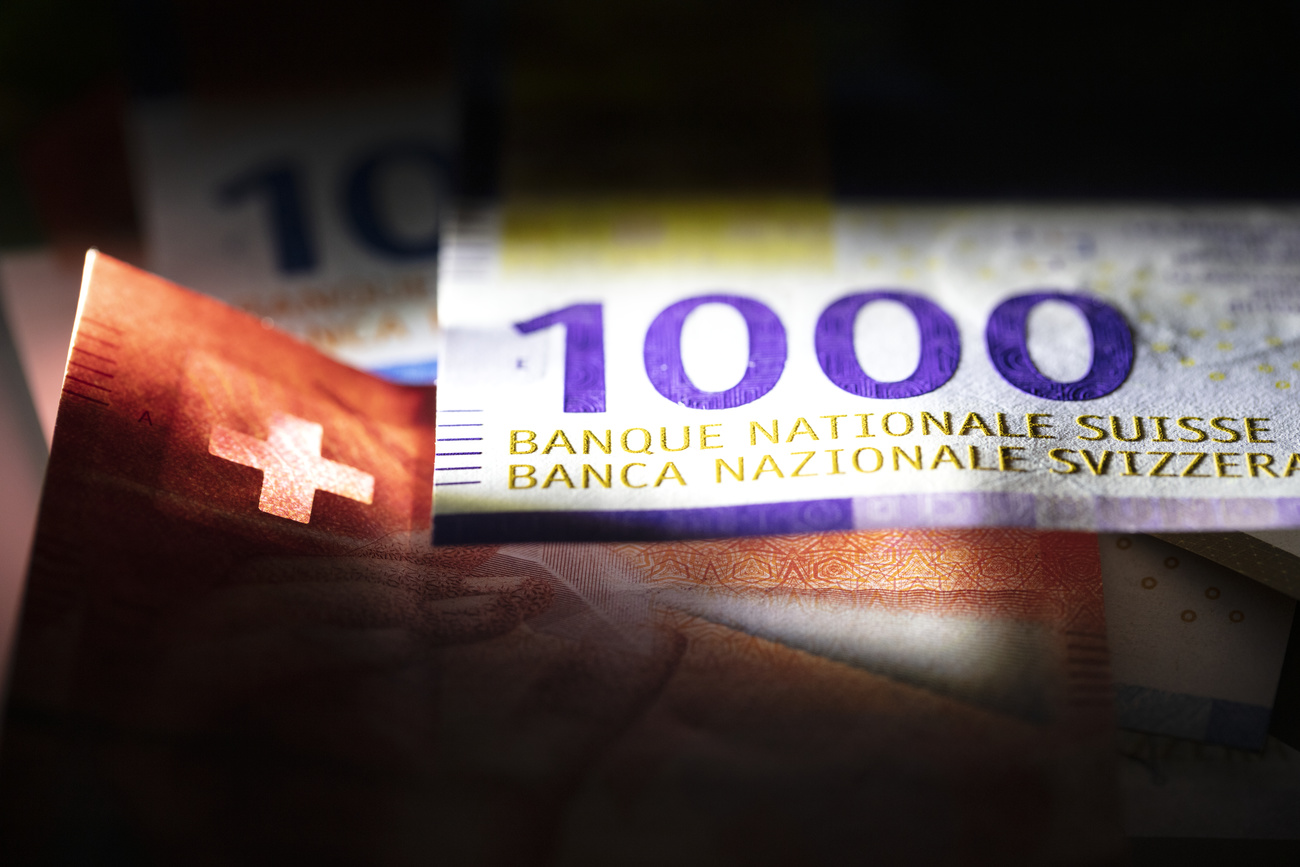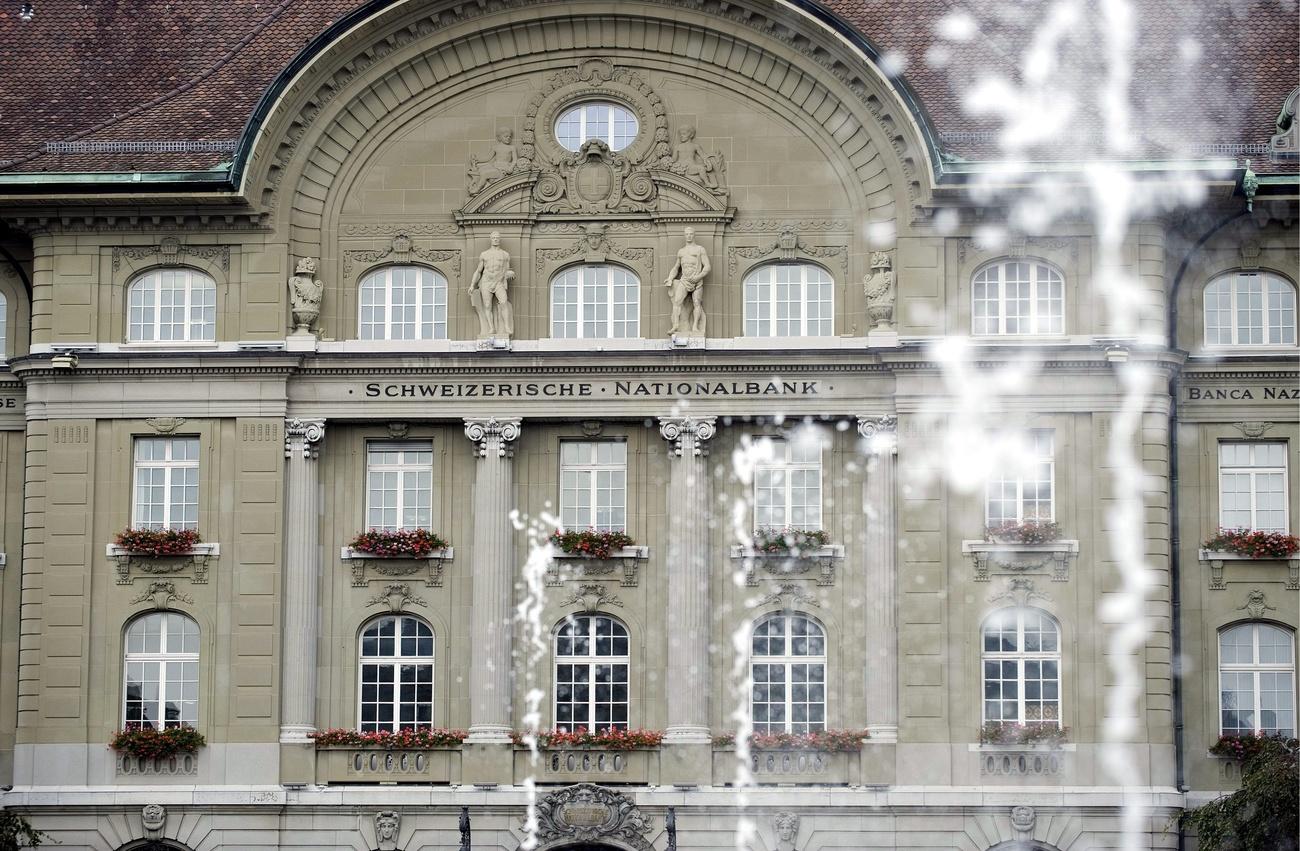
Switzerland branded as currency manipulator by US

The United States has labeled Switzerland and Vietnam as currency manipulators in what may be one of the final broadsides by the Trump administration to international trading partners.
Three other new names were added to a watch list of countries it suspects of taking measures to devalue their currencies against the US dollar.
It marked the first time that the US has labeled another country as a currency manipulator since August 2019 when it called out China at a time when the world’s two largest economies were locked in tense trade negotiations.
In its annual reportExternal link the US Department of the Treasury on Wednesday accused Switzerland and Vietnam of intervening in currency markets through June 2020 to prevent effective balance of payment adjustments.
In a first reaction, the Swiss National Bank (SNB) said it would not alter its monetary policy despite Switzerland’s being named a currency manipulator by the US Treasury, adding the central bank remained willing to act aggressively on Forex markets.
“The SNB’s monetary policy approach remains unchanged by the report,” the SNB said in a statement.
“In light of the economic situation and the fact that the Swiss franc is still highly valued, the SNB remains willing to intervene more strongly in the foreign exchange market.”
On Thursday, a day after the US threat, the SNB kept its interest rates at -0.75% and repeated it was prepared to add to the CHF90 billion stockpile of foreign currencies it has accumulated in the first six months of this year alone.
Andréa Maechler, a member of the SNB governing board, said the Swiss franc has appreciated 5% in real terms since the start of the year. “Had we not intervened, the franc would have appreciated significantly more, and this would have placed an additional burden on our economy in an already exceptionally challenging environment,” she said.
Possible sanctions
Foreign exchange analysts had broadly anticipated the US Treasury designation for the two countries.
The designation will trigger special negotiations over the next year, and if they are not successful in resolving the issue, the US can move forward to impose economic sanctions on Vietnam and Switzerland.
The action comes as the global coronavirus pandemic skews trade flows and widens US deficits with trading partners, an irritant to Trump, who won office four years ago partly on a promise to close the US trade gap.
To be labeled a manipulator, countries must at least have a $20 billion-plus (CHF17.7 billion) bilateral trade surplus with the United States, foreign currency intervention exceeding 2% of Gross Domestic Product and a global current account surplus exceeding 2% of GDP.
The US Treasury also said its “monitoring list” of countries that meet some of the criteria has grown to ten with the additions of Taiwan, Thailand and India.
Others on the list include China, Japan, Korea, Germany, Italy, Singapore and Malaysia.

More
Swiss franc climbs after US adds it to ‘manipulation’ watchlist

In compliance with the JTI standards
More: SWI swissinfo.ch certified by the Journalism Trust Initiative




























You can find an overview of ongoing debates with our journalists here . Please join us!
If you want to start a conversation about a topic raised in this article or want to report factual errors, email us at english@swissinfo.ch.